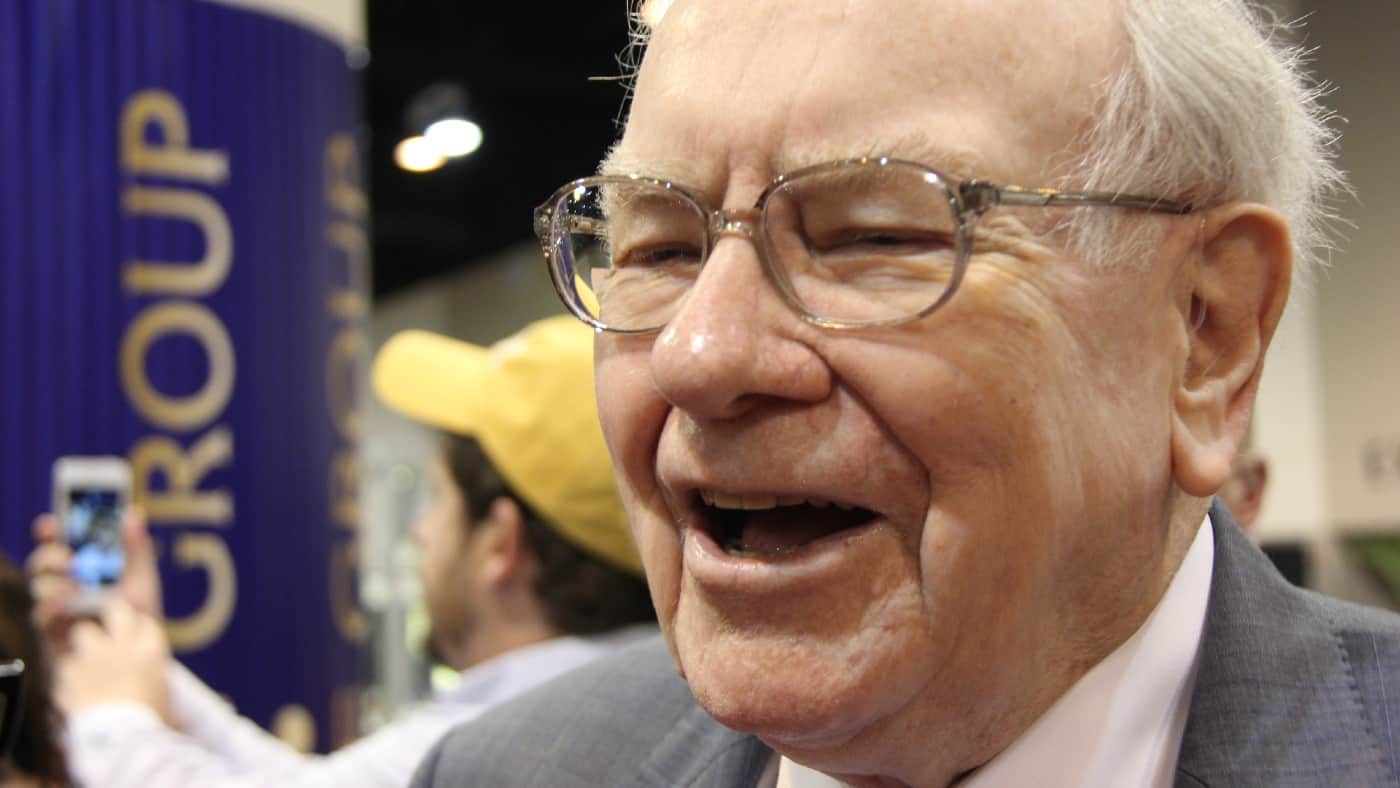Famous investor Warren Buffett has made billions by buying the right shares over the course of his long and outstanding career. Buffett shares his wisdom freely – and I am using it in my own hunt for cheap UK shares I can add to my portfolio. Here is how.
Keeping things simple
Looking at some of Buffett’s biggest shareholdings, from Apple to Coca-Cola, one thing is clear. These are not highly complex companies with incredibly complicated business models, understandable only by a small group of financial analysts.
That is not a coincidence. Buffett has consistently focussed on investing in businesses that are relatively easy to understand. He also sticks to industries he thinks he has the ability to judge.
Should you invest £1,000 in National Grid right now?
When investing expert Mark Rogers has a stock tip, it can pay to listen. After all, the flagship Motley Fool Share Advisor newsletter he has run for nearly a decade has provided thousands of paying members with top stock recommendations from the UK and US markets. And right now, Mark thinks there are 6 standout stocks that investors should consider buying. Want to see if National Grid made the list?
I am doing the same when looking for shares I can add to my portfolio. By focussing on companies with business models I can understand, I think I am improving my chances of investment success compared to putting money into shares I do not understand so can not value.
Focused on long-term value creation
How does Buffett decide if a share is cheap? He does not just look at the price. Instead, he considers the value if offers him.
To do that, the ‘Sage of Omaha’ tries to assess the size of the company’s future profits. To make such profits over many decades, a company will typically need a competitive advantage. That could be an asset no other company has, such as a plot of land in a prestigious location, or patented formula for a product.
If a company has such an advantage – what Buffett terms as a moat – then it may be of interest. But the price still matters, as only by buying the shares at an attractive level can Buffett get value. Otherwise he may buy a solid company but at an expensive price. That would reduce his investment returns.
That is the logic that has led me to avoid adding UK shares like Dechra Pharmaceuticals and Spirax-Sarco to my portfolio. Although I like the businesses and think they each have a moat, the share prices lately have not offered me what I see as good value.
Buffett on buy-and-hold investing
Another way I follow the Oracle of Omaha when buying shares for my portfolio is by taking a long-term perspective. Early in his career, Buffett sometimes bought shares and sold them fast for a profit. That is the action of a trader not an investor. He has since switched to a buy-and-hold approach. When he buys shares, he usually holds them for years, or decades.
That makes sense to me. If I have identified a business with a durable competitive advantage, the longer I hold it, the more time I should have to benefit from its business performance.








